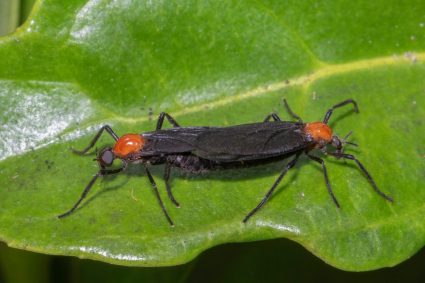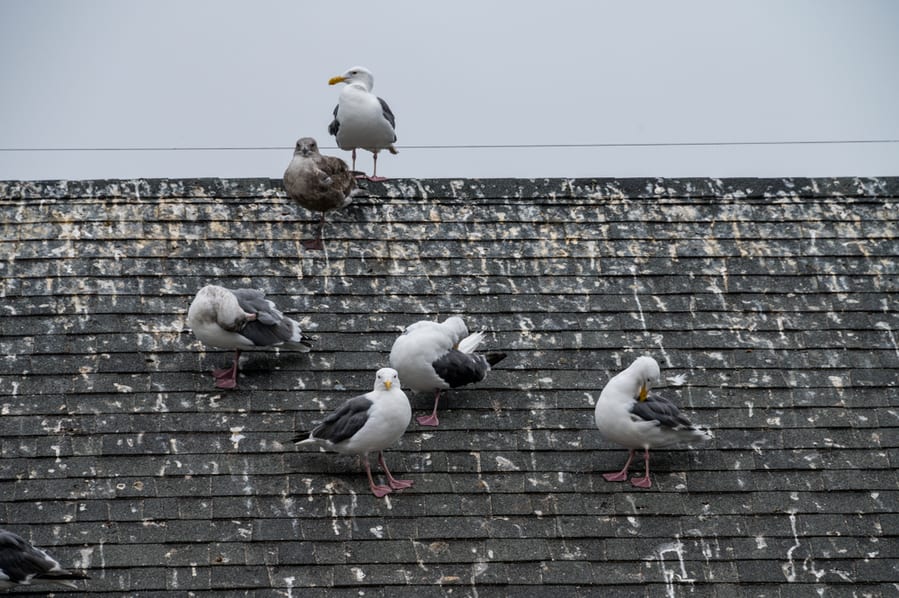
Birds are fascinating creatures in the world. They have been captivating humans since ancient times with their brightly colored feathers, melodic songs, and their ability to fly.
But when they start to invade our homes and yards, it becomes a problem. They can cause property damage, spread disease, and create noise pollution along with bird droppings.
All these things can become a nuisance for many homeowners. You must keep birds away from your homes to protect yourselves from these issues.
Keeping birds away from your property can be challenging, but certain smells can help deter them. Knowing what smells will keep birds away and why it is essential can help protect your home or business from unwanted feathered visitors.
Understanding the scents that repel birds and how to use them effectively can keep your property safe and bird-free. Using these will help you keep birds away from your property without causing them any harm.
This article will discuss the smells that repel birds from your property. These include:
- Essential oils
- Peppers
- Garlic
- Cinnamon
- Vinegar
So, let’s dig right into it and find out how to keep these feathered friends away from your homes!
6 Smells That Keep Birds Away
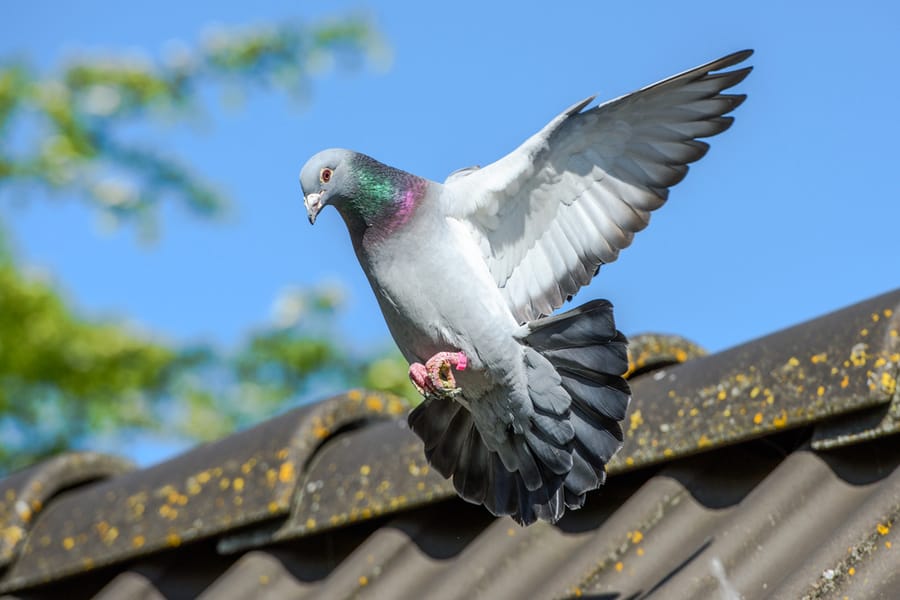
For quite some time, it was assumed that birds could not smell. Recent research revealed that birds could smell even though their sense of smell is not as developed as their sense of vision and hearing.
Thus debunking this myth. Although a bird’s sense of smell is not mainly developed, it is clear that some smells are repulsive to them, and others are appealing.
Many smells that birds find unpleasant are irritants that make them feel uneasy. They are not harmful to birds and cause no harm to them at all.
Let’s evaluate each of these smells:
1. Essential Oils
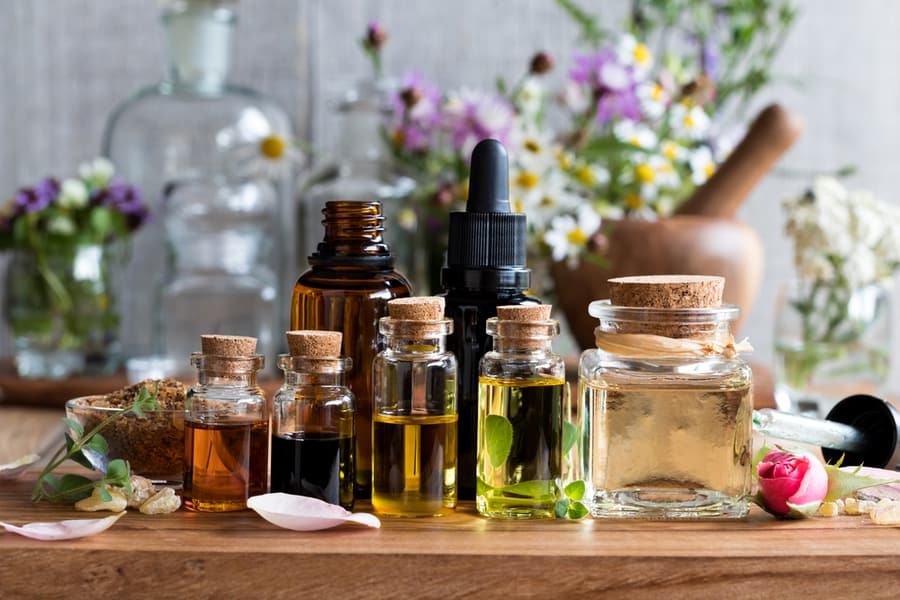
The overpowering smell of essential oil helps keep birds away, especially peppermint oil.
The pungent smell of peppermint is enough to deter birds on its own. Birds dislike the strong scent of peppermint and will avoid any areas sprayed with it.
You can safely spray your plants while deterring birds by combining water and 100% natural peppermint oil. Any area you want to keep free of bird nests can be sprayed with pure peppermint oil, which will repel them.
Here is a simple formula for a bird-safe peppermint oil spray that you can prepare right away:
Combine 1/4 cup vinegar, 1/4 cup water, and 7 drops of lemon and peppermint essential oil. If you wish to repel birds from an area, you may put this combination in a spray bottle and spray it there, or you can soak cotton balls and scatter them over the area.
2. Peppers

Since most peppers are spicy, their smell frequently causes burning. Chili and cayenne peppers, in particular, can draw birds away.
As you are probably aware, cayenne pepper generally irritates the olfactory glands of most animals, including humans. Birds experience the same thing. Cayenne pepper smells irritate them, and they avoid places with this smell.
Cayenne pepper and water can be combined to create a spray that can deter birds from landing in areas they are not welcome.
3. Garlic
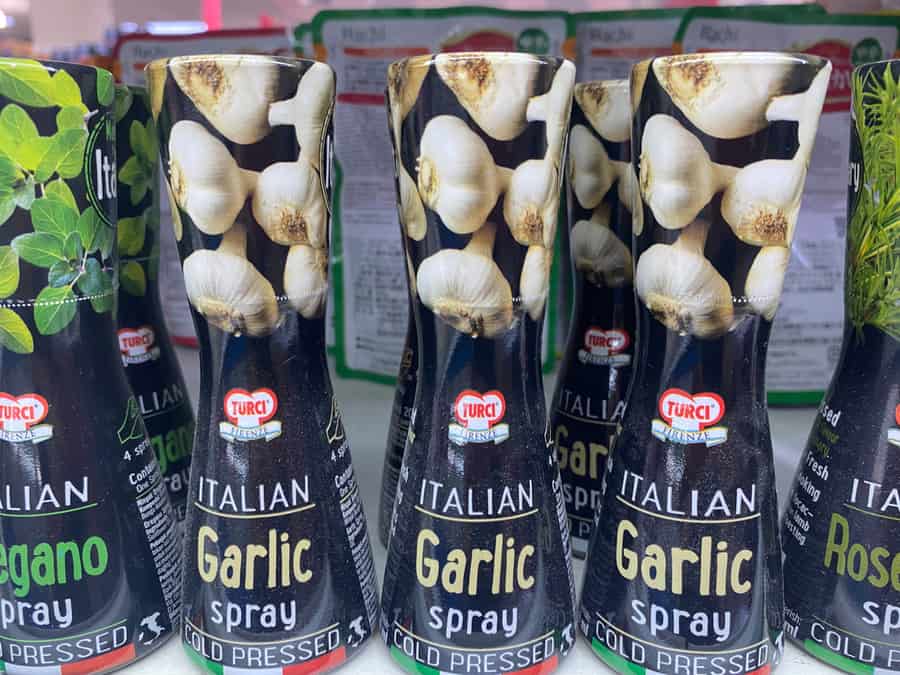
Garlic has a robust and natural odor and contains allicin, which prevents birds from eating it.
Because garlic includes an allicin-containing natural compound, birds find it irritating. So, you can make a garlic liquid and spray it around the areas where birds don’t want to gather.
To prepare an effective spray, mix crushed garlic and water or include vinegar with a strong smell that repels birds. However, remember that the scent will fade fast, requiring frequent reapplication of the spray.
Garlic spray is also helpful for keeping birds away from ripe fruit on trees. Birds find the fruit’s smell highly appealing when it ripens. However, spraying them with garlic will cover the smell of ripening fruit.
4. Cinnamon
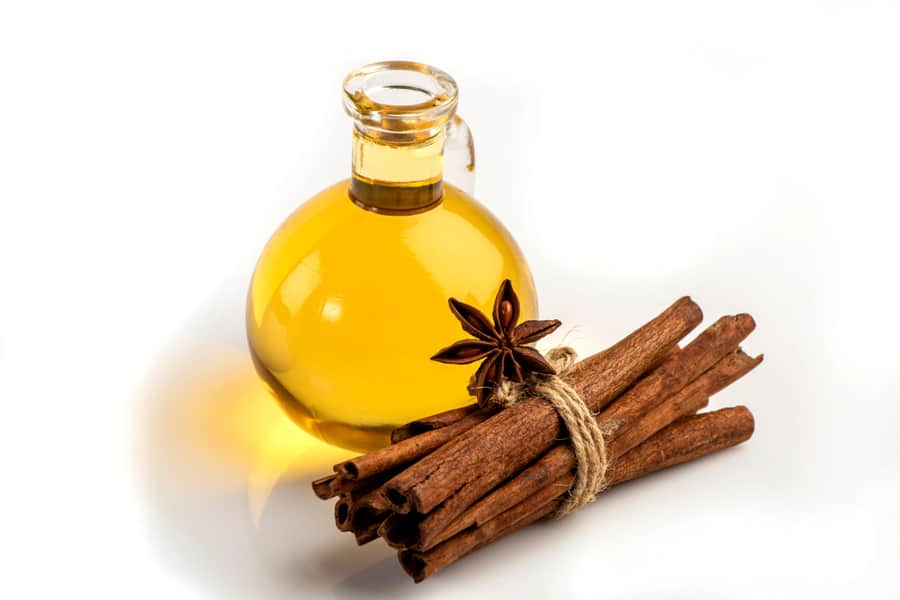
Since most birds can become irritated by the pungent aroma of cinnamon, birds do not like it.
To keep birds away, use cinnamon oil.
Combine one part of cinnamon oil in a spray bottle with three parts of water.
Spray the mixture around any sites you want to keep birds away from.
5. Vinegar

Vinegar is a common household item that is very useful in many ways.
Birds can be triggered by the harsh, unpleasant smell of vinegar and will avoid it.
The excellent news is that it is not harmful to your plants, so you use it daily without harming the plants in your garden.
6. Citrus Oil
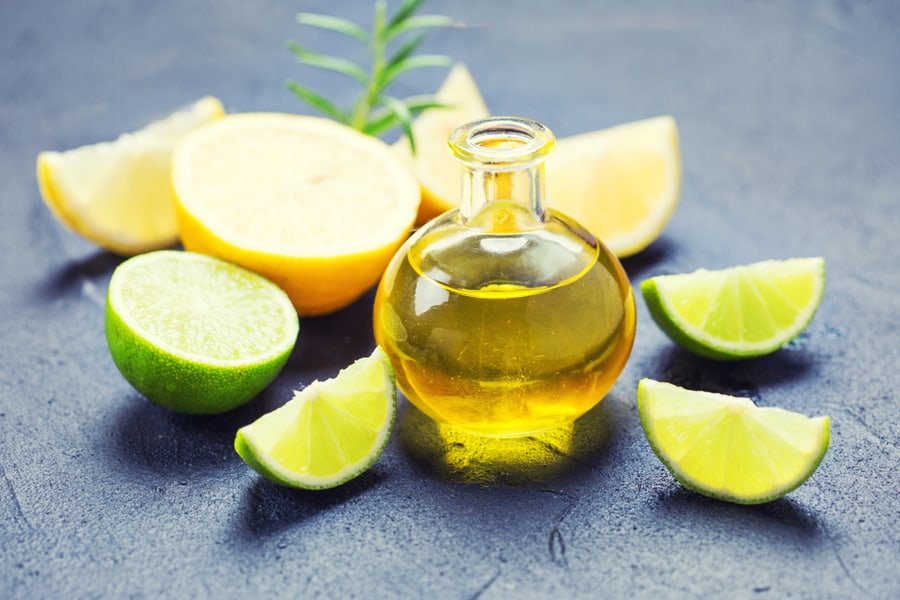
Birds avoid the smell of citrus because they don’t particularly like it.
To deter birds, squeeze lemons and spray the collected juice on the areas where you don’t want the birds to visit and form a nest.
There is a simpler way to get this done. If you don’t have the time or the energy to squeeze lemons, purchase lemon oil and mix the lemon oil with water. Then spray the solution in different areas around your house.
Conclusion
Although most of us enjoy drawing birds into our gardens using bird feeders and water troughs, there are some places we want them to refrain from gathering or making their nests.
Knowing what smells birds dislike can help keep birds out of specific regions. By doing this, we may create powerful sprays that deter birds from unfavorable places.
Birds dislike powerful smells mainly because they irritate them. You can use essential oils, peppers, garlic, cinnamon, vinegar, and citrus oil.
Using this knowledge, you can spray these intense fragrances in regions you don’t want the birds to go.
Frequently Asked Questions
Are Homemade Repellents Effective?
Avoiding harming the birds is essential when making bird repellent at home. Use only non-toxic materials at all times. Managing bird repellent demands a strategy.
You must know the legal framework for protecting birds before forming a plan to deter them from your land. Depending on the region, the majority of bird species are legally protected.
Read up on local laws before taking any action to disturb birds in your region.
Are All Essential Oils Safe To Use in This Case?
Although it’s safe to use essential oils in your yard to deter birds, such as citronella, citrus, and peppermint, some essential oils are harmful to birds and should not be used.
These include tea trees, cinnamon, myrrh, sandalwood, and eucalyptus. All of these products are harmful to birds as they cause respiratory problems in birds and thus should be avoided.
What Diseases Can Birds Spread?
Avian flu is one concerning disease that birds can spread. Over 60 more diseases may be carried by birds and their droppings, according to some studies.
Residential areas are particularly vulnerable to the issue because many diseases are airborne and can be contracted by people near animal droppings.




